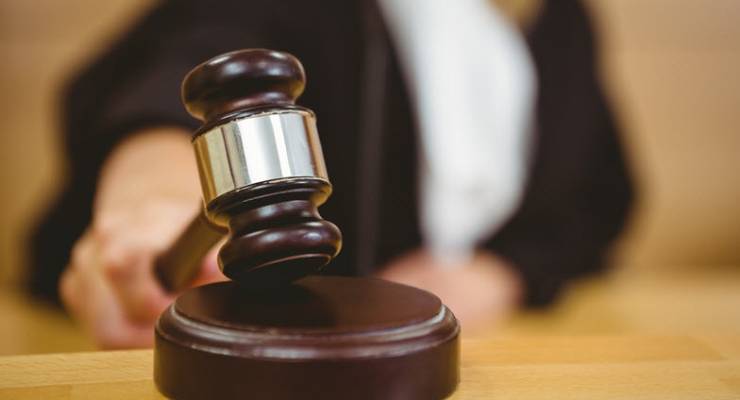
The weekend gave Crikey readers ample time to unpack what was a big week in Australia. Predictably, the debate surrounding Australian media’s race problem (interrogated by Ruby Hamad) caused the comments section to balloon. Elsewhere though, there was insightful conversation taking place in responses to Kishor Napier-Raman writing on the role of double jeopardy laws in Australia, and Guy Rundle responding to Richard Cooke on the liberal handling of Trump’s presidency.
On Bowraville and double jeopardy.
Niall Clugston writes: Kishor Napier-Raman concludes his article on the Bowraville murders by saying that “the fight for justice continues”. This underlines the need for the double jeopardy rule. Napier-Raman says that in the Bowraville case “the initial investigations have been widely criticised as lacklustre, and hamstrung by entrenched racial attitudes within the NSW Police Force”. However, the suspect was charged with murder a few months after the bodies were found in 1991 and tried for murder in 1994. That is not slow by the standards of homicide cases. But he was acquitted. And this is the problem.
To say “the fight for justice continues” implies that justice was not done in 1994, or in 2006 when the suspect was acquitted for the second murder, or on Thursday when the Court of Criminal Appeal rejected the bid for a retrial. In other words, “justice” means a conviction. And now NSW parliament is considering changing the law to secure that conviction. No one seems to consider the poor man who has been pursued his entire adult life for crimes he probably didn’t do. What if he is retried and acquitted again? Will that bring an end to it? Of course not. Are we going to have a legal system where everyone is presumed guilty until proven so?
On the liberal myths surrounding Trump’s presidency.
Mick Donohue writes: I read Richard Cooke’s article in The Monthly, and I took a very different meaning from it. I thought that he was saying that “artefacts”, falsehoods created for humour or malice, can take on a life of their own and the reaction to them becomes the real issue. One example he used was the “Pizzagate” story — the false story that high ranking Democrats were running a child sex ring out of a Washington pizza restaurant, and how someone believed the story and want to the restaurant with an automatic rifle to “rescue the children”. I don’t think Cooke’s story was about Trump “stealing” the election, rather that one thing that worked in his favour was that so many of these “artefacts” had inspired his supporters and involved his opponents in wasting effort to disprove them.
The risk (one of many) of Trump’s victory, if this is true, is that more and more effort will go into winning the artefact wars then in running a proper electoral campaigns.
Arky writes: I don’t think “madness has taken over” is even the most common progressive view of how Trump got elected, so I don’t know which bubble you read inside of. I thought we’d pretty much all agreed that this happened because Trump made an economic pitch to working class people who feel like they’d been economically left behind and care more about promises to deal with that than with “identity politics” and who Trump offends. Thus, he won over some working class voters who previously voted Democratic while not losing the Republican states which, when push came to shove, held their nose and decided they could stomach a potty-mouthed philanderer more than someone who would appoint pro-choice Supreme Court judges.
Keith1 writes: I agree with Guy Rundle that left-liberals should treat Trump’s win and Clinton’s loss as the result of rational human agency, albeit in an imperfect electoral system. However, those who wish to cry that insanity, dystopia and armageddon have arrived and that something should be done are greatly assisted by Trump himself. The only significance Trump can see in the obvious Russian involvement is that it might put an asterisk by his victory. And so he is totally incapable of facing up to the kind of threat to democratic good order that Cooke is talking about.
Send your comments, corrections, clarifications and cock-ups to boss@crikey.com.au. We reserve the right to edit comments for length and clarity. Please include your full name.







Crikey is committed to hosting lively discussions. Help us keep the conversation useful, interesting and welcoming. We aim to publish comments quickly in the interest of promoting robust conversation, but we’re a small team and we deploy filters to protect against legal risk. Occasionally your comment may be held up while we review, but we’re working as fast as we can to keep the conversation rolling.
The Crikey comment section is members-only content. Please subscribe to leave a comment.
The Crikey comment section is members-only content. Please login to leave a comment.